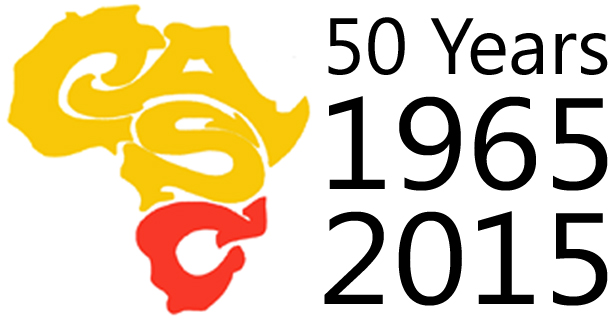Weathering Climate Change in Eastern Africa – Archaeological Insights on the Current Climate Crisis Paul Lane, Department of Archaeology, University of Cambridge
Duration: 49 mins 15 secs
Share this media item:
Embed this media item:
Embed this media item:
About this item

| Description: | This talk was given on Monday 18th November as part of the 'Climate Knowledge - Climate Politics' seminar series |
|---|
| Created: | 2024-11-25 17:01 | ||||
|---|---|---|---|---|---|
| Collection: | Centre of African Studies | ||||
| Publisher: | University of Cambridge | ||||
| Copyright: | Paul Lane, Victoria Jones | ||||
| Language: | eng (English) | ||||
| Keywords: | climate crisis; Archaeology; paleoecology; | ||||
| Credits: |
|
||||
| Abstract: | The need to develop mechanisms to enable individuals and societies to weather the current climate crisis, strengthen their resilience to increasingly frequent and more severe climate shocks and thereby reduce overall vulnerability to ongoing climate change is increasingly voiced in local, regional and international settings. A critical component of most strategies being proposed is the development of enhanced future-oriented perspectives through participatory modelling of alternative scenarios and trajectories of change so as to identify ways to best mitigate and ‘weather’ the impacts of climate change in a manner that maximises benefits to the widest range of different stakeholders and sectors of society. While it may seem paradoxical, the historical disciplines have much to contribute to planning how to navigate uncertain futures, and disciplines such as archaeology and palaeoecology that offer deep time perspectives on how past societies weathered climate change are playing an increasingly significant role in modelling future scenarios. Drawing on a selection of recent and ongoing projects in eastern Africa, this talk aims to illustrate how such of the past can be integrated into planning for more sustainable and resilient futures, the contributions that deep time perspectives can make to addressing current climate change, and the limits and uncertainties associated with such work. |
|---|---|

